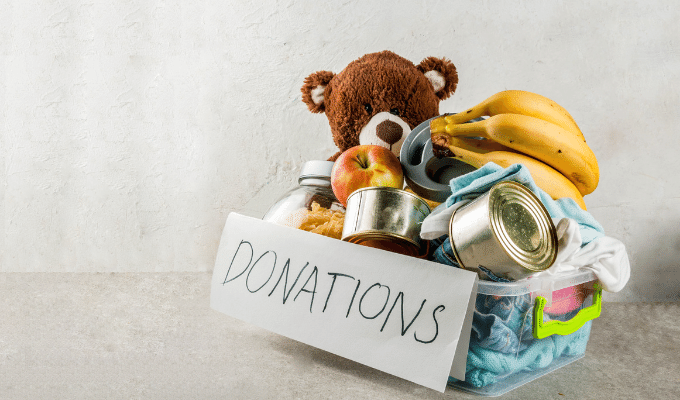Wise Giving Wednesday: International Charity Fraud Awareness Week

This week government regulators of charities from around the world including the UK, New Zealand, Australia and the United States are collaborating to bring attention to charity fraud. This awareness initiative started several years ago by the Charities
Commission of England and Wales and has since expanded to include other nations. Although BBB Wise Giving Alliance is not a government agency, we share the regulators’ interest in helping to protect the public from questionable solicitation practices
and encouraging potential donors to keep the following tips in mind.
Natural Disasters. As noted in previous blogs these past two months, donors need to be especially
careful when responding to fundraising after a natural disaster. While we are moved by harrowing scenes of people in need and want to help, we also need to be vigilant to help avoid those seeking to take advantage of an emotional and potentially vulnerable
time for fundraising. Our best tip is to support experienced disaster relief charities that can be effective in delivering assistance quickly. For additional advice, view our disaster giving tips.
Telemarketing. Telemarketing can help charities raise money but, in the wrong hands, it also can be a tool to commit fraud. Whether it is a telemarketing scam that offers government grants for a “fee” or a phone appeal for a sham veterans charity people need to be on guard from those seeking to take advantage of their generosity. If interested in a charity that calls for a donation, check out their website and review their report on Give.org before contributing. If you want to reduce the volume
of charity calls you receive, see the following link to our tips.
Privacy. BBB Charity Standard 18 includes recommendations regarding the content of privacy
policies on charity websites. Look for these disclosures on websites and also be aware of cybersecurity measures that charities can take to protect your personal data.
Online Giving. While the popularity of giving to a charity online continues to increase, so does the cautions that should be kept in mind when using this alternative. Whether it is crowdfunding or online giving platforms, potential
donors should read the fine print and identify whether there are fees for the transaction and other aspects of how the donation will be handled. Also, don’t assume the site has vetted the charities that solicit.
Avoiding Fraud. No one wants to be misled and/or a victim of a scam, but charity fraud can occur. One key aspect of honest fundraising is the accuracy of stories used in appeals. Visit the following link to review our blog on this subject.
Video of the Week
As part of our Building Trust Video series, we are pleased to provide a video that features Nicole Sheahan, Chief Development Officer of Colorectal Cancer Alliance (a BBB Accredited Charity)
which works to unite patients, caregivers, health care providers, cancer researchers, policymakers, and concerned citizens in a campaign to eradicate colorectal cancer. The organization also seeks to advocate effective screening, diagnoses, treatment
and support for research.
Recent Reports
We are always working with charities to publish or update reports for donors. Visit Give.org or local BBBs to check out any charity before giving. Our recently evaluated charities include:
Finally, remember to let us know by going to give.org/charity-inquiry/ if you are
interested in seeing a report on a charity not on the list and we will do our best to produce one.
H. Art Taylor, President & CEO
BBB Wise Giving Alliance


